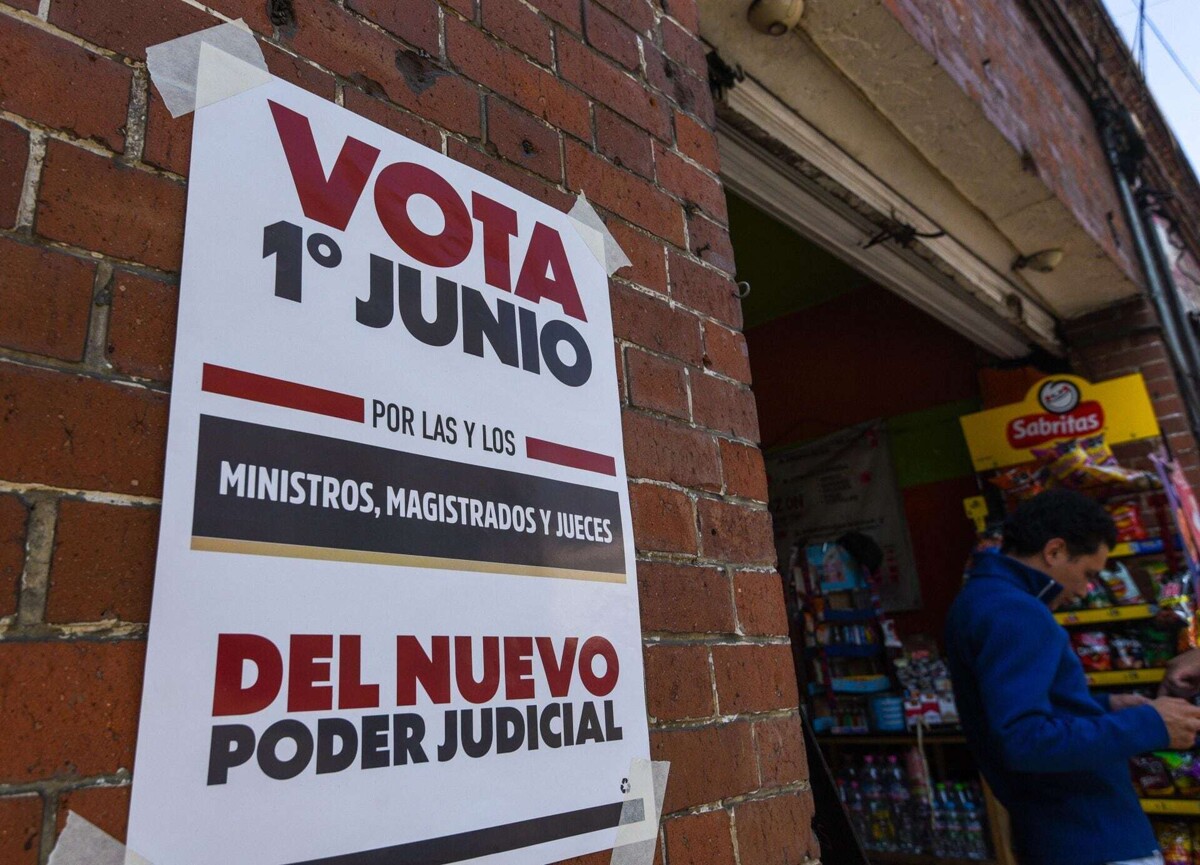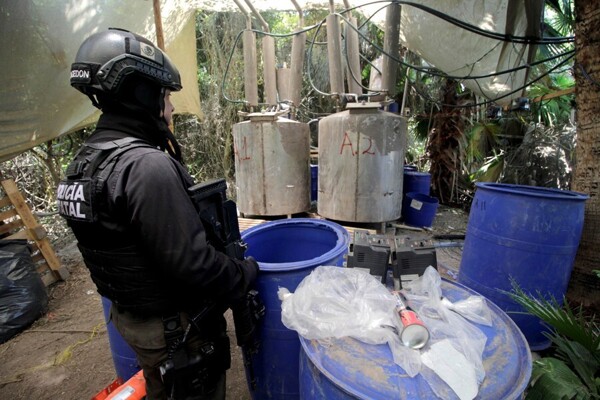
25 days before the judicial election, candidates for magistrates and judges in different states face difficulties in connecting with the electorate due to the rules established by the National Electoral Institute (INE). Some candidates believe that the norms are appropriate, while others see them as limiting for conducting their electoral campaigns.
Raúl González Cervantes, a candidate for administrative magistrate in Jalisco, faces the challenge of traversing an extensive territory that includes dangerous areas controlled by organized crime, such as the Jalisco New Generation Cartel. Despite the breadth of his district, it is impossible for him to visit all municipalities, and he must avoid unsafe areas. Additionally, candidates who already hold judicial positions can only campaign after 3:00 PM, which limits their campaigning activities.
In Aguascalientes, one of the entities with the fewest positions to be elected, candidates also face obstacles in reaching their electorate. Diego Vizcarra Varela, a candidate for mixed judge, has had difficulties making an impact with his social media videos and leafleting, as only a fraction of the population knows that there will be an election. In contrast, Fabiola Moreno Favela, a candidate for labor judge in the same entity, has found social media an effective tool for spreading her campaign, despite criticism from some colleagues.
Meanwhile, Claudia Patena Puente, a candidate for civil magistrate in Nuevo León, claims to have received no approaches for financing offers. Candidates face logistical and diffusion challenges, such as the inability to reach all corners of their districts, time restrictions, and a lack of resources to carry out an effective campaign.












